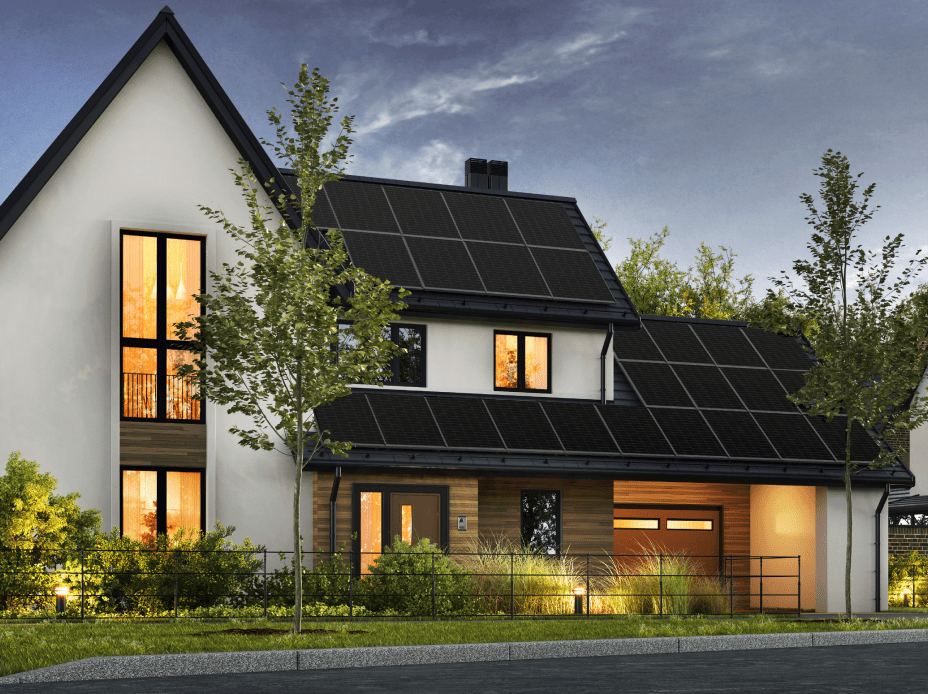
The realization of the environmental and economic benefits of solar energy has led to a continued increase in the demand for solar power systems for homes. Home solar power systems provide an excellent way to save power bills and reduce carbon footprints. But with so many options available, selecting the best solar power system for your home can become a headache. Things such as energy needs, roof size, budget, and location all play a key role in determining which system is right for you. By understanding these key considerations, you can make an informed decision for your household’s energy needs.
Determining energy consumption is the first step towards selecting the correct solar power system for homes. Knowing your daily household electricity consumption is the first step in determining the right size of the solar system. You can commonly find the information on your monthly electric bill, which typically lists the total kilowatt-hours (kWh) consumed per month. After you understand your energy usage, you can find a solar power system for the house that fits around that. If you have a system that generates more energy than your home consumes, you can store the excess energy, or sell it back to the grid and reap further benefits. On the other hand, a system that generates too little energy will force you to depend on grid-power at peak consumption times, losing the benefits of solar.
The roof size and orientation is the next business of solar power systems for homes. As solar panels need sufficient space to do their job, you should check if your roof has enough room to house enough panels to produce sufficient energy. The orientation and angle your roof is, will also cause the solar system to perform better or worse. South-facing roofs tend to be best for sunlight access making them prime real estate for solar panels. If your roof is facing east or west it can still work, but you may need a larger system to compensate for lost sunlight exposure. A professional installer can advise you on the ideal placement to maximize energy production.
Cost is another factor when choosing solar power options for homes. Cost of Solar Power Systems Solar power systems vary greatly in price based on everything from system sizes, to type of panels, to installation costs. The initial investment can be hefty, but one can’t overlook the long-term savings. In many cases, solar power systems for homes will pay for themselves through reduced energy bills over time. Many governments also provide tax incentives and rebates to help cover the installation expense. Homeowners need to research financial incentives available in their region, as those can greatly reduce the cost of the installation. It’s also important to compare different systems and installation providers so that you’re getting the most value for your money.
Finally, do not ignore the importance of the quality and durability of the solar panels. How long your solar power system for homes lasts will depend on the panel quality and the warranty. Choosing a reputable brand with a track record of reliability is an important part of that decision. An investment in solar panels is an investment for the next few decades: good-quality panels can last 25 years or more. Finally, look into the warranty that is provided with the system so that you can feel comfortable having your system backed up if it will run into some problems.
The key ideas behind selecting solar energy for your houses include but are not limited to your overall energy consumption, pole structure and direction, budget, and the overall effectiveness of the panels. An understanding of these considerations, along with guidance from experts, empowers homeowners to take an informed decision that could translate to savings in the long run and a more sustainable home. Once it is installed, with the right system, solar power can be a renewable, clean energy source at your home or business for years to come.





Leave a Reply